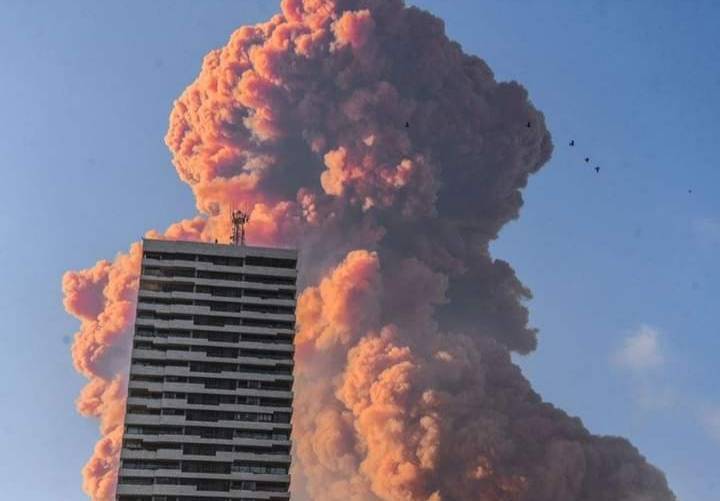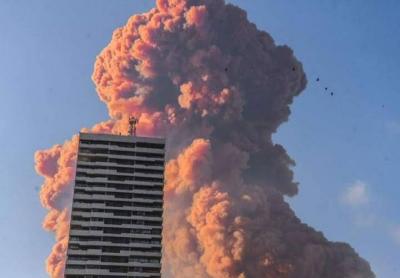"The coming two months" represent the most dangerous phase in Lebanon's history since independence. Will they produce a presidential agreement and usher Lebanon into a new era, or will they lead into uncertainty through an open presidential vacuum filled with all possible scenarios, both cold and hot? Initial indicators lean toward violent internal conflicts between conflicting options, threatening security stability, as security forces are apprehensive about potential unrest, road closures, and even the declaration of civil disobedience in certain areas, crippling daily life. Such types of unrest and popular movements have accompanied every presidential election since independence, except during the Syrian phase. According to observers, "Lebanonizing" the presidential election appears impossible, and electing a president will have to be imposed by major Arab and international settlements. This was hinted at by an Arab intelligence official to his Lebanese visitors, attributing the reasons to the impossibility of internal consensus and the lack of agreement among Christian parties on a specific name, along with the current absence of the circumstances that led to the Maaloula Agreement. Additionally, the regional and international settlement remains undefined as of now.
According to information, the Americans will eventually have to engage in discussions with Hezbollah, as it is a key voter. This process will not materialize until mid-October when President Berri calls for a series of sessions that are unlikely to produce a president. This opens the way for all involved in the Lebanese file to reach a consensus candidate acceptable to all to manage the crisis. It is nearly impossible for Lebanon to see the light as the crisis in Syria remains unresolved, unrest in Iraq persists, and the Palestinian issue is inflamed. As for the presidential candidates, no one is currently excluded from the political, military, security, and administrative Maronite leadership, in addition to anyone involved in public affairs, with lines of communication open to all sides.




